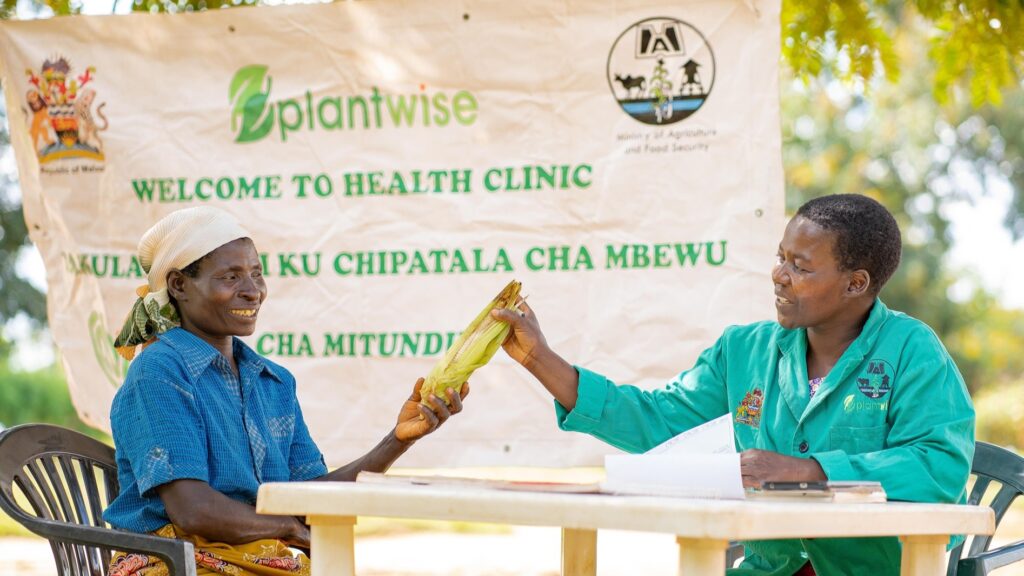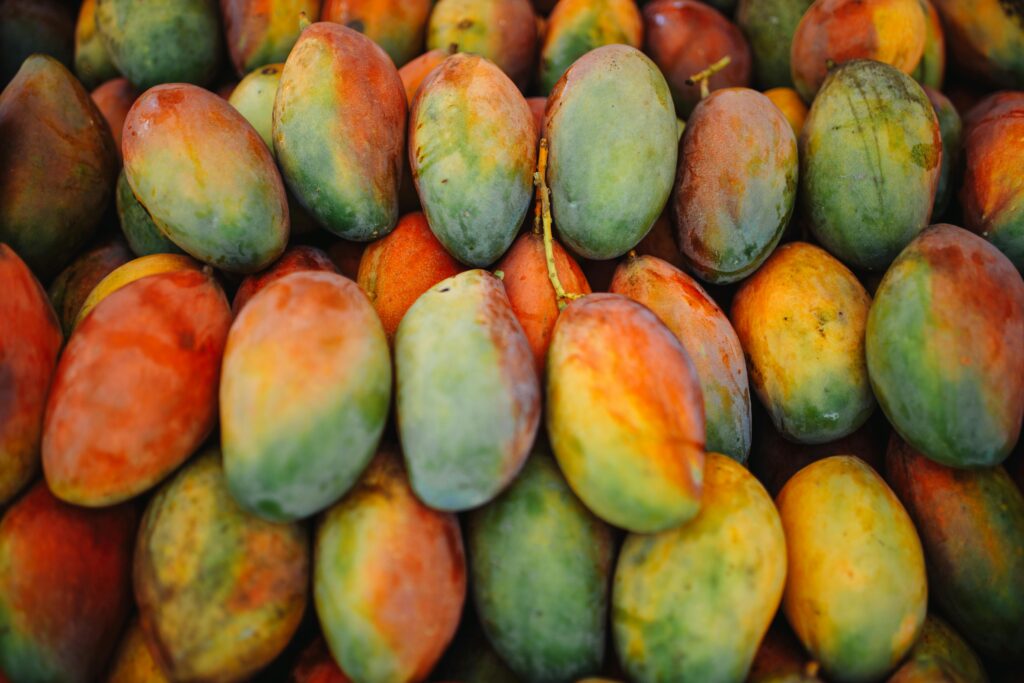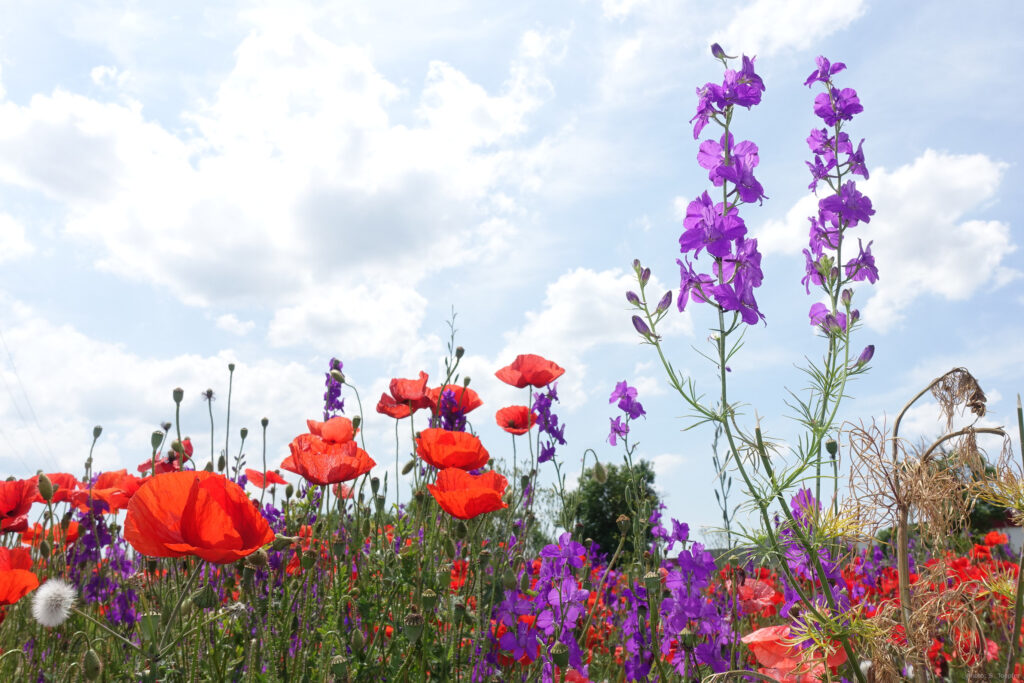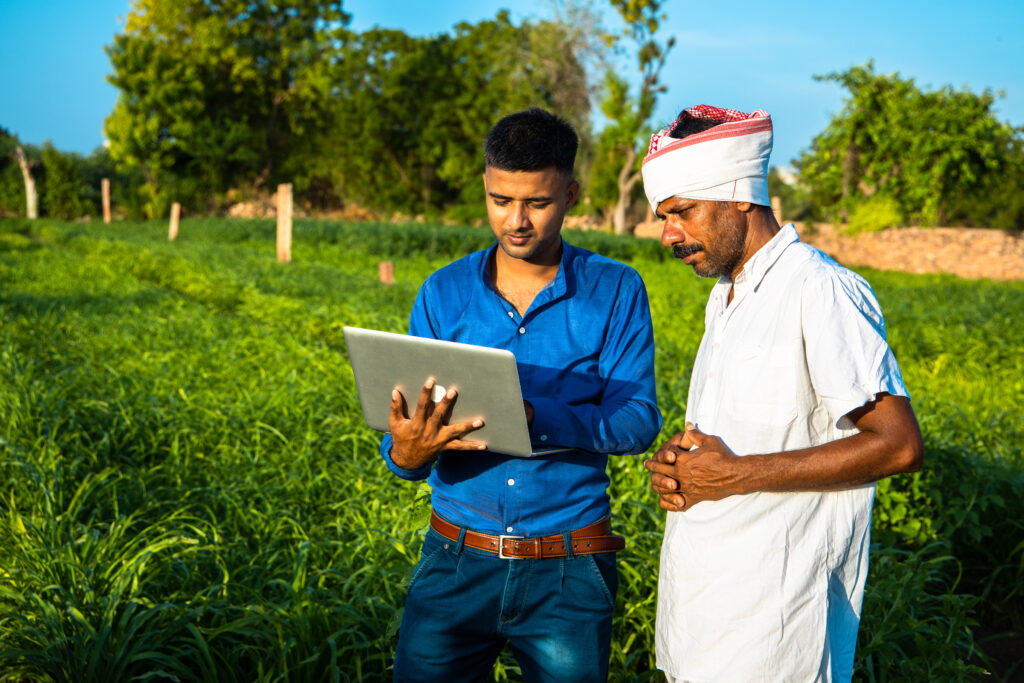Plant clinics in Malawi: Reducing pest threats to increase crop yields and farmer incomes
Plant clinics in Malawi are empowering smallholder farmers to manage crop pests more effectively. In 2025, scientists published a paper in Plant Environment Interactions reviewing the impact of plant clinics on farmers in Malawi. The clinics have created a frontline support system for smallholders in remote, rural locations. In addition, they have helped to strengthen…
PlantwisePlus Knowledge Bank 2024 wrap up
As the new year begins, it’s time to take a look back at the highlights for the PlantwisePlus Knowledge Bank in 2024 2024 in numbers In 2024 there were over 1.8 million visits to the PlantwisePlus Knowledge bank. That is a 3 fold increase in visits from 2023. People from 230 different countries used our…
Chilli black thrips outbreak: supporting Indian farmers to protect crops sustainably
Outbreaks of Thrips parvispinus, commonly known as chilli black thrips or Southeast Asian thrips, are causing challenges for smallholder farmers in India. These tiny, dark-coloured invasive pests are responsible for considerable economic losses, particularly for growers who rely on chilli crops as a primary source of income. Chilli black thrips are notorious for their aggressive…
Common papaya disorders: A comprehensive guide
Papaya, also commonly known as the papaw or pawpaw, is a large tropical fruit-producing plant originating from Central America. Market demand for tropical fruits has steadily grown, and consequently, the papaya has become an important agricultural export in many countries around the world. As of 2020, India was the largest producer of papaya, followed by…
Watch out for these five cabbage pests
Cabbage is a globally important vegetable crop. It serves as a valuable source of nutrition and income for local communities. With a wide range of varieties around the world – from Savoy to Bok Choy – it is an important component of many cuisines. Smallholder farmers often cultivate cabbage as a cash crop. Like many…
Mealy Plum Aphid: An Overview
The mealy plum aphid, or reed aphid, is a sap-sucking plant pest that is commercially important for fruit tree farmers. It is present across the globe and can cause significant damage in large numbers. Introduction Aphids are small, soft-bodied, sap-sucking bugs in the family Aphididae which cause extensive damage to plants when in large numbers.…
Update: New Pest & Disease Records (08 December 2023)
We’ve selected a few of the latest new geographic, host and species records for plant pests and diseases from CAB Abstracts. Records this month include the first report of leaf spot on soybean caused by Epicoccum sorghinum in Heilongjiang Province, China and information about three new alien spider mites from south-eastern France.










